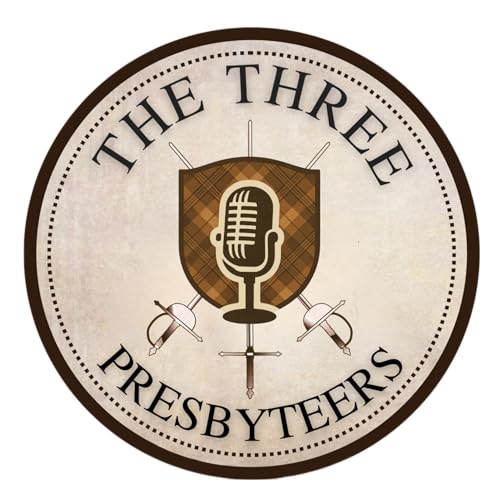
Episode 32 - How to Study Scripture: Words and Their Meaning
カートのアイテムが多すぎます
カートに追加できませんでした。
ウィッシュリストに追加できませんでした。
ほしい物リストの削除に失敗しました。
ポッドキャストのフォローに失敗しました
ポッドキャストのフォロー解除に失敗しました
-
ナレーター:
-
著者:
このコンテンツについて
PCA Pastors Josh Owen and Aaron Garriott discuss the importance of semantic studies for reading a text.
Topics considered include:
· The Popularity of Word Studies
o Spiros Zodhiates The Hebrew-Greek Key Word Study Bible
o The Amplified Bible
o Inductive Bible Studies (Kay Arthur's Precepts)
o Vine's Expository Dictionary
· The Pitfalls of Word Studies
o Root Fallacy
o Anachronism
o Etymological Fallacy
o Derivative Fallacy
o Illegitimate Totality Transfer
o Limiting Semantic Range by Extratextual Definitions (Creeds, Confessions, Other Author's Works)
o Theological Bias
· The Promise of Word Studies
o Clarity
o Accuracy
o Depth
· The Procedure of Word Studies
o Identify the word's part of speech. Is it a noun? If it is a noun is it the subject of the verb? The direct object? Is it the main verb? Is it an adjective? Adverb?
o Identify key words in the immediate context.
o Make an initial observation about the context. This can be modified as your study corrects initial assumptions.
o Concordances and Hebrew/Greek Dictionaries or Lexicons
§ Note the Semantic Range
§ Note other words in the same Semantic Range (concepts)
§ Note the historical and cultural background for a word
§ Note special meanings for certain contexts
§ Note historical development of word usage
§ For NT words, note how they are used to translate Hebrew words
§ For OT words, note how they are translated by LXX and NT
o Narrow word search to the author's writings you are studying (Paul, John, Peter, Moses, David)
o Narrow word search to the writing you are studying
o Narrow word search to your text. The words surrounding your word will limit its usage.
o Distinguish Sense from Referent. The mental concept is in the mind, while the referent may be an object outside of the mind. "You are the Christ." The referent is Jesus. But what is the sense? Did the speaker have the same sense of "Christ" as Jesus?
o Write out a basic definition of the word limited by the context.
o Explain the word's relationship to the other words in the sentence.
o Write out a paraphrase of the sentence, not using the word under consideration, but using its definition.
o Does it make sense? How does it fit in the larger context of the paragraph?



